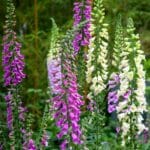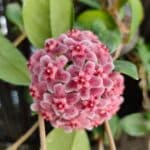It is entirely safe to plant certain crops alongside another plant from a different genus or family; this style of farming is commonly called companion planting, and it has been practiced for a very long time, and we will be talking about winter squash companion plants today.
Companion planting helps to produce more yield, protects against harmful pests, and offers a bunch of other benefits.
Here, we have carefully listed and explained some of the key companion plants for winter squash. These are plants that you can safely plant with sinter squash and they'd both grow healthily.
However, if you make the mistake of planting two very similar plants as companion planting, the result won't be what you expected; thus, this article also briefly highlights non-companion planting guide for winter squash.
Table of Contents
Winter Squash Overview
Winter squash is an annual vegetable - one of the many species of the squash plant in the genus Cucurbita.
There is another similar plant, Summer Squash, a member of the same genus (Cucurbita) and family (Cucurbitaceae/cucurbits), but they are actually different.
Particularly, and unlike summer squash, winter squash is generally cooked before being eaten. More so, its skin/rind is not usually eaten.
While these plants bear winter squash and summer squash, it does not mean that they should be planted in those seasons.
The names winter and summer were given to these squash species as regards how long they could be stored. Winter squash can stay all through the winter season and summer squash only lasts through summer.
Furthermore, summer quash varieties are slightly different from that of winter squash; they have tender skins and more moisture content. Well, our focus is the companion plants of winter squash, and they are explained below.
Winter Squash Companion Plants
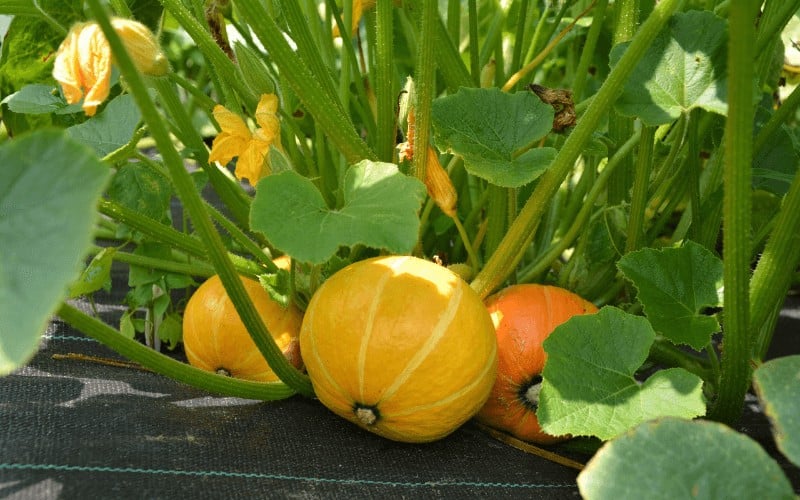
Some may think since winter squash and summer squash are from the same plant family, it is safe to plant the two together.
That's a wrong assumption; in fact, it is not advisable to grow plants from the family in proximity, and this is because both plants are likely to attract the same pests and insects.
You can pick one companion plant from these ones and plant it close to your winter squash. The essence of growing a companion crop alongside your winter squash is to obtain better yield and improve production.
1. Peas
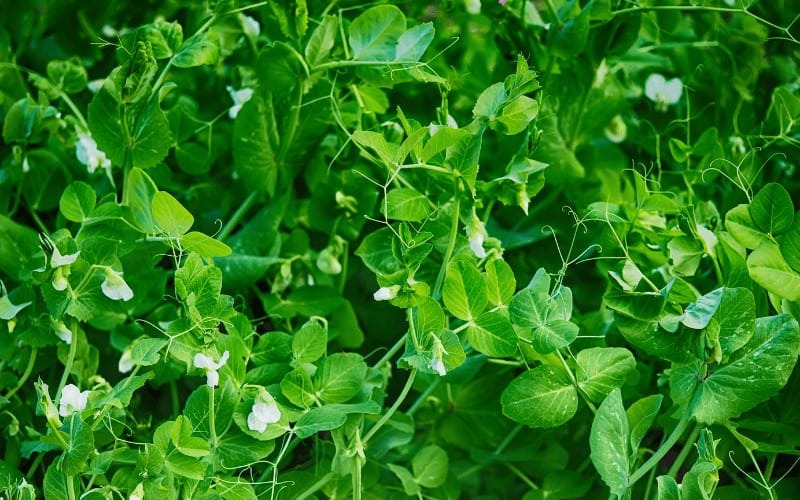
Peas produce their own nitrogen, and after the plant must have taken enough of this ingredient, it gives back a little to the soil.
This way, your winter squash will receive more nitrogen nutrients, which of course, helps it in growing. So, peas are a good companion plant for winter squashes.
2. Beans
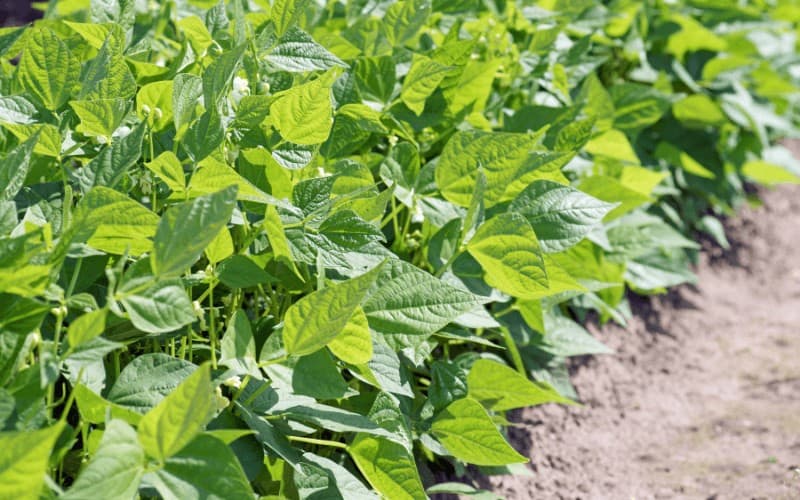
Beans and peas typically offer the same benefit to squashes. That is to say, beans also produce nitrogen and gives back the nutrient to the soil after it has taken enough, thereby leaving your winter squash with sufficient nitrogen
Why is nitrogen important? Nitrogen remains one of the vital nutrients needed by plants; it promotes photosynthesis, thanks to its chlorophyll content.
Nitrogen also delivers amino acids and a bunch of other nutrients needed for a plant to grow healthily.
3. Marigolds
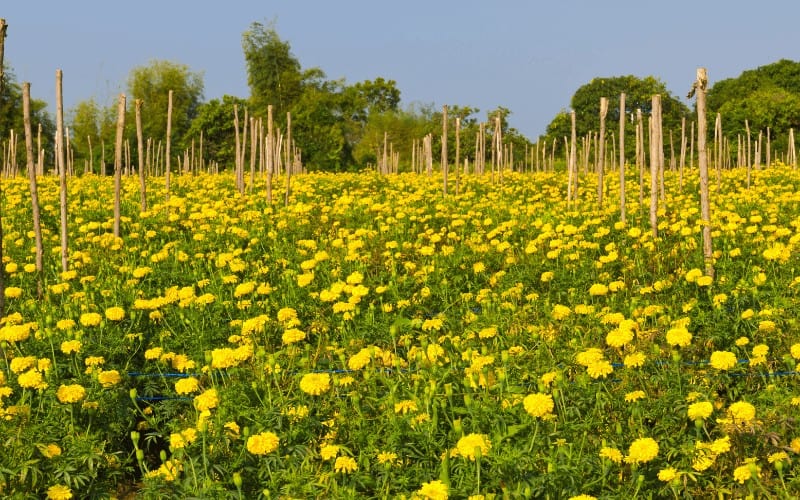
Marigolds serve as companion plants to quite different plants, including cantaloupes. The plant, marigold, has a strong scent that is proven to repel most insects and pests that may want to feast on your winter squash.
Naturally, marigolds repel nematodes, flies, aphids, squash bugs, and beetles. Hence, it is a perfect winter squash companion plant. Most farmers particularly go with french marigold.
4. Corn
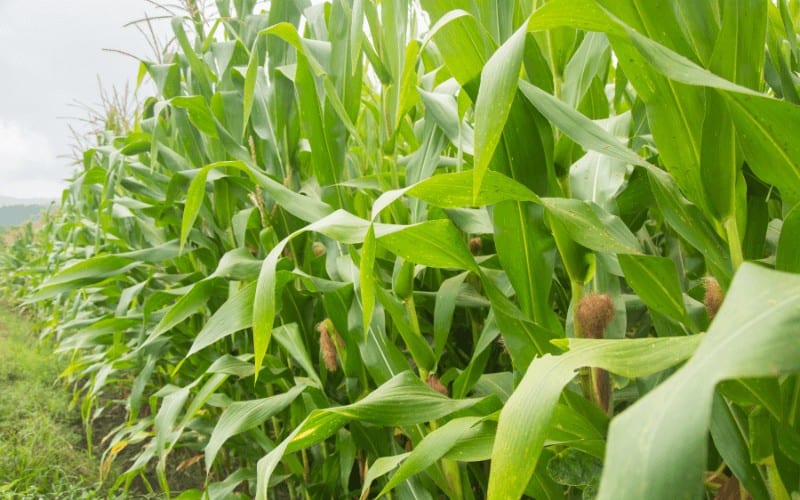
A lot of farmers use corn as companion plants for most of their veggies, and this is totally recommendable.
Corns grow very tall, and that's a perfect advantage - its tallness can shed your winter squash, as well as protect it from the dead heat of summer.
Corn is an ideal companion plant for most vegetables - simply because of its shedding traits.
5. Catnip or Tansy
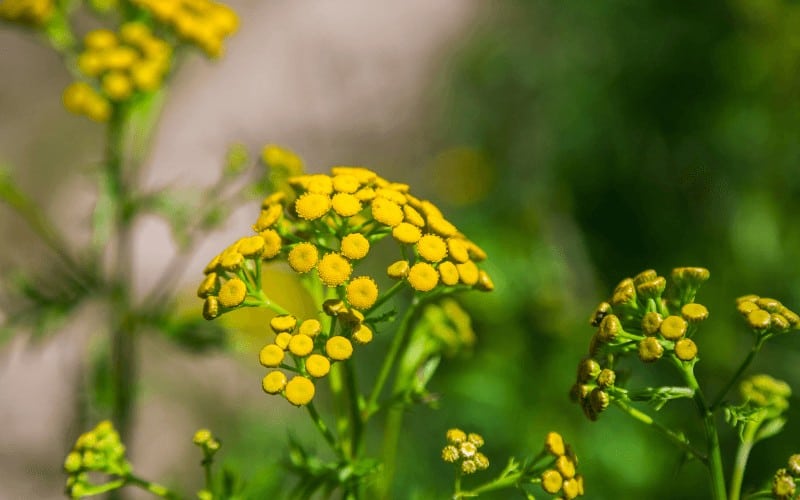
Tansy is a very useful plant to farmers - it is useful in many ways; it can be planted as a companion plant for many vegetables, and when it is cut down (due to height), it can serve as a fly repellant anywhere the dry leaves are kept.
More so, Tansy protects veggies against squash bugs, striped cucumber beetles, flying insects, and ants, thanks to its strong, repelling scent. Catnip, on the other hand, also has similar traits as Tansy.
Catnip has a strong scent that repels most ants and pests that may affect the growth of winter squashes. It is considered a pungent plant, and it is one of the perfect companion plants for winter squashes.
6. Nasturtiums
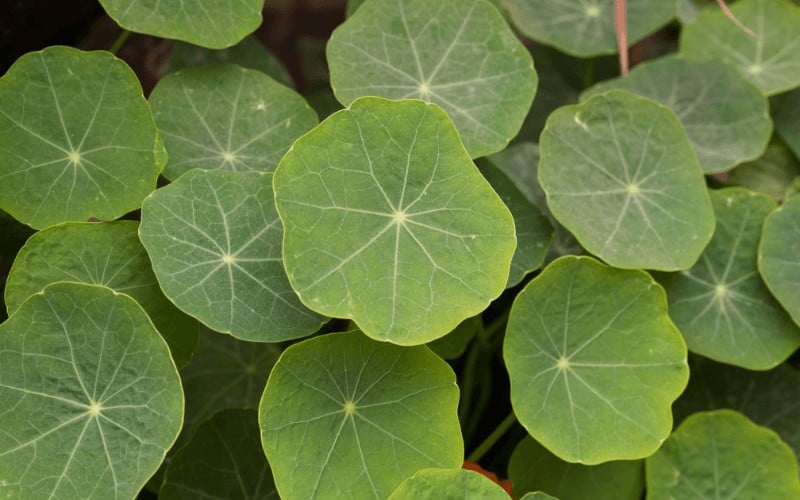
Why choose nasturtiums as a companion plant for your winter squash? Nasturtium is a natural pest deterrent; proven to be very effective.
Growing this flowering plant in proximity with your winter squash will help to keep out ants, whiteflies, leafhoppers, aphids, striped cucumber beetles, and squash bugs.
Nasturtiums generally contribute to the healthy growth of any crop they are serving as a companion plant. Interestingly, you can grow nasturtiums in pots or all-around your squash.
Nevertheless, nasturtiums do attract predatory insects, but studies prove that these insects won't harm squashes.
More so, growing this plant and marigolds, along with your winter squash will make your garden look aesthetically enticing when they start to mature.
7. Sunflowers

Sunflowers basically protect your winter squash from the sun, especially during the summer season.
They are also a good companion plant for winter squashes, thanks to their plant-shedding traits.
8. Radish
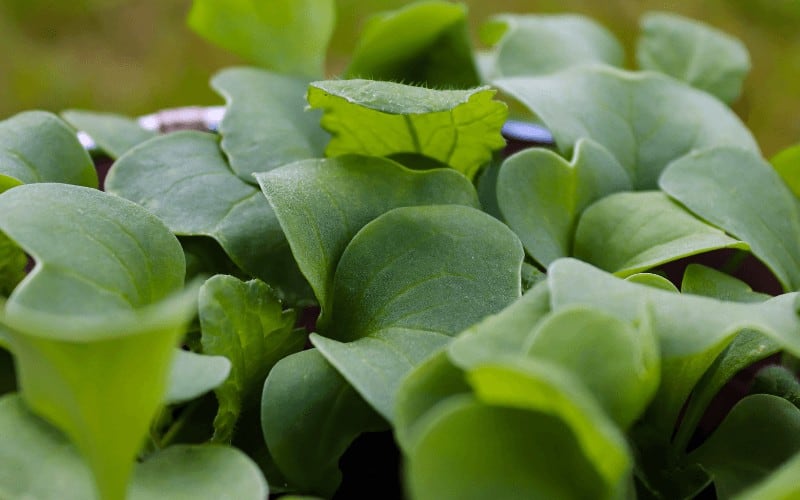
You can actually plant radish as a companion crop to many vegetables, and winter squashes are among those vegetables.
Radish helps to repel cucumber beetles and a lot of other pests or insects that may want to feast on your squash. It has a strong and repelling scent, which is very effective in keeping out most plant pests naturally.
9. Borage
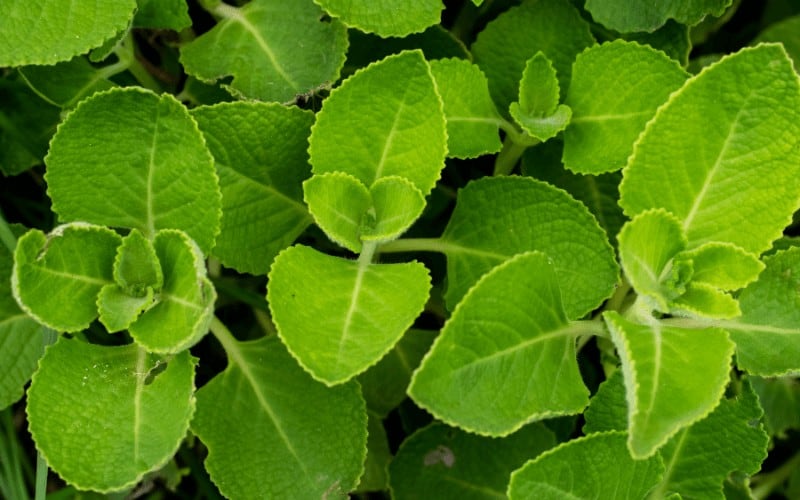
Some farmers allege that borage can help to improve the flavor profile of winter squashes; hence, it is one of the companion plants for winter squash.
Non-Companion Plants for Winter Squashes
You should avoid planting these below-mentioned plants in proximity to your winter squash. They would affect your veggie negatively and reduce production significantly.
- Brassicas
- Potatoes
- Onion
- Beets
Squash Companion Plants
Here's a list of plants you can plant side by side with squashes:
- Radishes
- Cucumbers
- Carrots
- Celery
- Garlic
- Cabbage
- Corn
- Lettuce
- Melons
Related Posts:
- Watermelon Companion Plants
- Companion Plants For Beets
- Companion Plants For Potatoes
- Companion Plants for Eggplant
- Cantaloupe Companion Plants
- What Not To Plant With Tomatoes
- What Not To Plant With Kale
Conclusion | Companion Plants for Winter Squash
So, what are winter squash companion plants? Apparently, this article has listed the best options you should know about.
Also, as a chip, do not plant squashes with root crops, they would affect your veggie badly.

